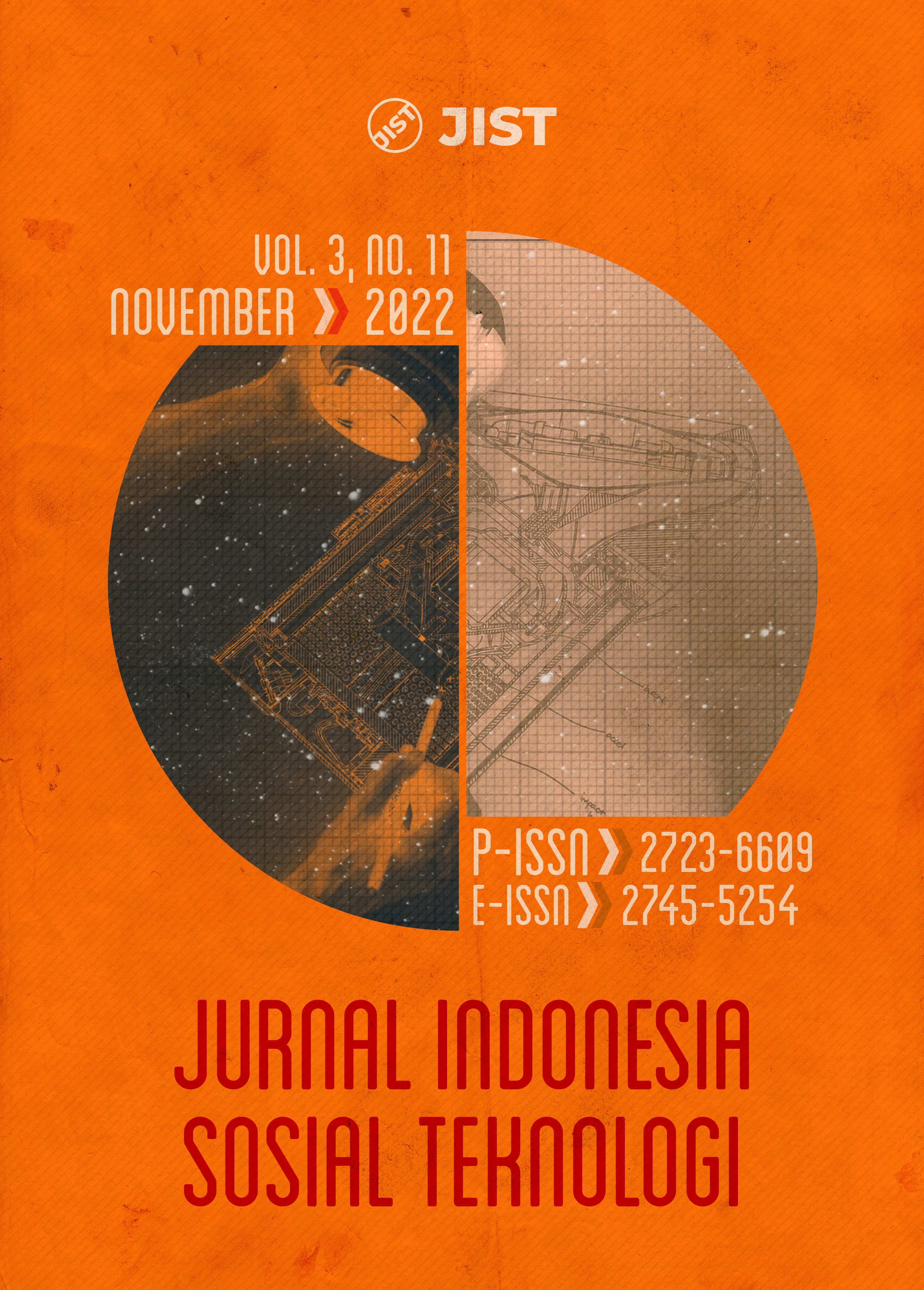Pengaturan Pertanggungjawaban Pelaku Penyalahgunaan Deepfakes Dalam Teknologi Kecerdasan Buatan Pada Konten Pornografi Berdasarkan Hukum Positif Indonesia
DOI:
https://doi.org/10.59141/jist.v3i11.528Keywords:
Artificial Intelligence, Content, Deepfakes, Pornography, RegulationAbstract
Deepfakes as a derivative subset of the use of artificial intelligence technology have the ability to manipulate images or videos that overlay faces on other people's bodies with the intention of creating new videos with false representations. Initially this deepfakes ability was used in filmmaking and has now been applied to the features of mobile applications, but in reality there is an abuse of its ability to make a video with pornographic content. In Indonesia, there have also been several cases of similar pornographic videos featuring Indonesian artists in their videos and have been spread on the internet. Indonesia itself does not have special regulations regarding artificial intelligence technology, only explicitly stated in Law Number 19 of 2016 concerning Amendments to Law Number 11 of 2008 concerning Information and Electronic Transactions (UU ITE). This study was structured using normative juridical methods, using library data collection procedures, and document study data collection techniques. The study was conducted to discuss the legal basis for violations that occur when someone (the perpetrator) abuses the ability of deepfakes to make a video with pornographic content according to Article 29 jo. Article 4 paragraph (1) and Article 35 jo. Article 9 of Law Number 44 of 2008 concerning Pornography is an act that is prohibited and accompanied by criminal sanctions as a form of criminal responsibility for the perpetrators.

Published
How to Cite
Issue
Section
License
Copyright (c) 2022 Muhammad Faqih Faathurrahman, Enni Soerjati Priowirjanto

This work is licensed under a Creative Commons Attribution-ShareAlike 4.0 International License.
Authors who publish with this journal agree to the following terms:
- Authors retain copyright and grant the journal right of first publication with the work simultaneously licensed under a Creative Commons Attribution-ShareAlike 4.0 International. that allows others to share the work with an acknowledgement of the work's authorship and initial publication in this journal.
- Authors are able to enter into separate, additional contractual arrangements for the non-exclusive distribution of the journal's published version of the work (e.g., post it to an institutional repository or publish it in a book), with an acknowledgement of its initial publication in this journal.
- Authors are permitted and encouraged to post their work online (e.g., in institutional repositories or on their website) prior to and during the submission process, as it can lead to productive exchanges, as well as earlier and greater citation of published work.









